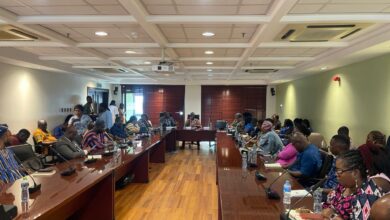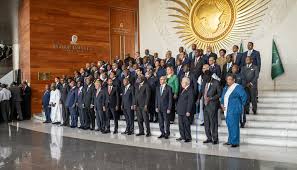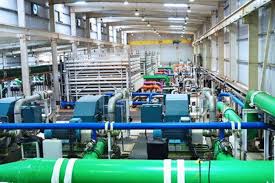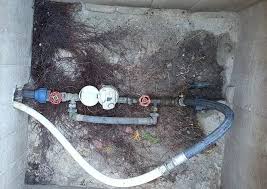CONIWAS calls on gov’t to make menstrual hygiene materials affordable, accessible, available to ensure safe MHM for women and girls
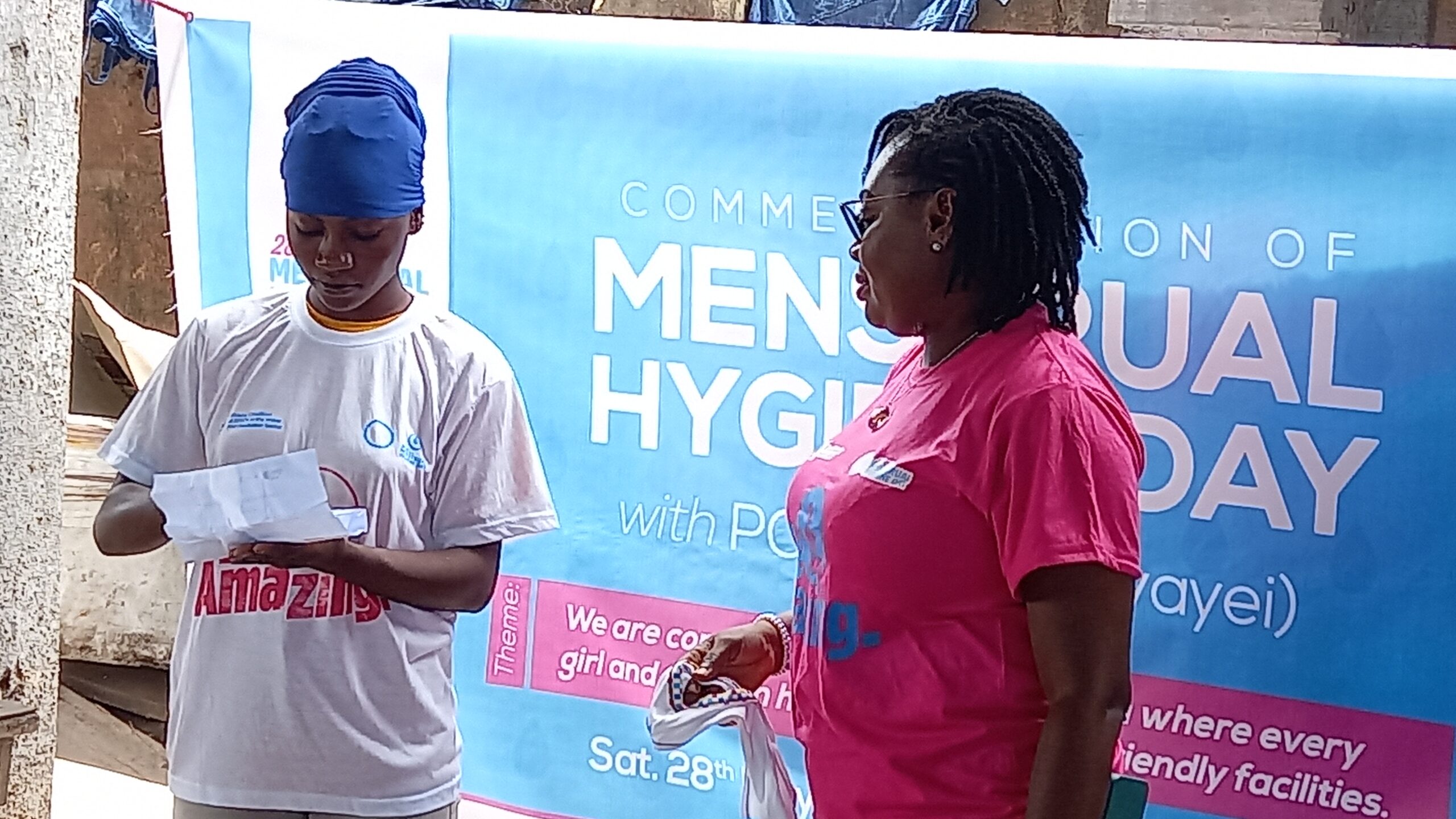
Menstrual Hygiene Management (MHM) is an essential aspect of hygiene for women and adolescent girls between menarche and menopause. Menstruation is not just the monthly flow of blood.
It is a burden of understanding why an adolescent girl bleeds, speaks freely about her discomfort during her menses, access friendly and hygienic-sanitary materials, and knows the next monthly flow.
Women and adolescent girls in Ghana have developed their own personal strategies to handle this period of time. Generally, the strategies vary significantly due to personal preferences, availability of resources, economic status, cultural traditions and beliefs, education status, and knowledge about menstruation.
It is said that practices related to menstrual hygiene have health implications; if not attended to can result in reproductive tract infections (RTI) and other vaginal diseases.
Most girls in and out of school have limited knowledge and are mostly unprepared for menarche due to inadequate information about menstruation.
Interestingly, access to menstrual hygiene materials and sustainable Water, Sanitation, and Hygiene (WASH) services usually stand out as key challenges.
To this end, the Coalition of Non-Governmental Organisations (NGOs) in Water and Sanitation (CONIWAS), has called on the government of Ghana through its agencies mandated to oversee the WASH sector to take action to remove all the barriers faced by many women and girls (especially those in school) in Ghana towards their access to period friendly facilities.
A statement issued in Accra to commemorate the 2022 Menstrual Hygiene Day by the Executive Secretary of CONIWAS, Madam Basilia Nanbigne, reminds the government about the Coalition’s call to remove the 20% tax on menstrual hygiene materials to ensure affordability of the products.
They also call on the Ministry of Education, Ghana Education Service, the Ministry of Sanitation and Water Resources (MSWR), and all Metropolitan, Municipal, and District (MMDAs) Assemblies to ensure that schools in all communities have access to toilet facilities and changing rooms to address the needs of girls during their periods while in school.
It again entreated all Ministries, Departments, and Agencies (MDAs); Metropolitan, Municipals, and District Assemblies (MMDAs) to ensure that all government offices have good toilet facilities to provide a good working environment for female workers.
Portions of the statement read: “Government should also provide good public toilet facilities in public places to cater for women who need an urgent changing facility during menstruation while in a public space.
“We also call on CSOs and Development Partners to support the government in the provision of sustainable WASH facilities, especially in schools (girl-friendly toilet facilities), and support communities to build sustainable household toilets to address the menstrual needs of girls in schools at home.
“CONIWAS also calls on the regulatory bodies such as the Food and Drugs Authority (FDA) and the Ghana Standard Authority (GSA) to support stakeholders in our interventions towards having a standard for the re-usable menstrual hygiene materials so that vulnerable girls in our communities who are unable to afford the disposable menstrual pads can access good and hygienic reusable menstrual materials.
“CSOs and development Partners should also increase the advocacy for MHM, and support the production and standardization of friendly and hygienic reusable sanitary pads for girls.”
CONIWAS however, pledges to play its part in taking action to ensure safe Menstrual Hygiene Management for women and girls in Ghana.
Below is the full statement
MENSTRUAL HYGIENE DAY COMMEMORATION
28th May 2022
Statement by CONIWAS
Today, CONIWAS joins the world to commemorate the annual Menstrual Hygiene Day in Ghana. Menstrual Hygiene Management (MHM) is an essential aspect of hygiene for women and adolescent girls between menarche and menopause. Menstruation is not just the monthly flow of blood. It is a burden of understanding why an adolescent girl bleeds, speaks freely about her discomfort during her menses, access friendly and hygienic-sanitary materials, and knows the next monthly flow.
Women and adolescent girls have developed their own personal strategies to handle this period of time. Generally, the strategies vary significantly due to personal preferences, availability of resources, economic status, cultural traditions and beliefs, education status, and knowledge about menstruation. Practices related to menstrual hygiene have health implications; if not attended to can result in reproductive tract infections (RTI) and other vaginal diseases. Most girls in and out of school have limited knowledge and are mostly unprepared for menarche due to inadequate information about menstruation. Interestingly, access to menstrual hygiene materials and sustainable WASH services usually stand out as key challenges.
CONIWAS has continually championed advocacy initiatives on Menstrual Hygiene Management in Ghana to facilitate policies that ensure women and girls have sustainable access to affordable and friendly menstrual hygiene materials and WASH facilities, especially in poor communities and schools.
It is important to note that, there are innovative initiatives CONIWAS members, affiliates and WASH sector players undertake to ensure effective advocacy on safe MHM in Ghana. The theme for this year “We are committed to creating a Ghana where every girl and woman has access to period friendly facilities”, re-affirms the call for everyone to take action to remove all the barriers faced by many women and girls (especially those in school) in Ghana towards their access to period friendly facilities. In fact, no school girl should miss school again due to menstruation. CONIWAS believes that, for women and girls to fully enjoy their rights, their menstrual hygiene rights must also be met. Thus, WASH services and menstrual hygiene materials should be available, affordable, accessible, and safe to use, hence ensuring the safety and dignity of every woman and girl.
As we commemorate the day;
- CONIWAS reminds the government about our call to remove the 20% tax on menstrual hygiene materials to ensure the affordability of the products.
- We call on The Ministry of Education, Ghana Education Service, the Ministry of Sanitation and Water Resources (MSWR), and all Metropolitan, Municipal, and District (MMDAs) Assemblies to ensure that schools in all our communities have access to toilet facilities and changing rooms to address the needs of girls during their periods while in school.
- We entreat all Ministries, Departments, and Agencies (MDAs); Metropolitan, Municipals, and District Assemblies (MMDAs) to ensure that all government offices have good toilet facilities to provide a good working environment for female workers.
- Government should also provide good public toilet facilities in public places to cater to women who need an urgent changing facility during menstruation while in a public space
- We also call on CSOs and Development Partners to support the government in the provision of sustainable WASH facilities, especially in schools (girl-friendly toilet facilities), and support communities to build sustainable household toilets to address the menstrual needs of girls in schools at home.
- CONIWAS also calls on the regulatory bodies such as the Food and Drugs Authority (FDA) and the Ghana Standard Authority (GSA) to support stakeholders in our interventions towards having a standard for the re-usable menstrual hygiene materials so that vulnerable girls in our communities who are unable to afford the disposable menstrual pads can access good and hygienic reusable menstrual materials.
CSOs and development Partners should also increase the advocacy for MHM, and support the production and standardization of friendly and hygienic reusable sanitary pads for girls. CONIWAS also pledges to play our part in taking action to ensure safe MHM for women and girls in Ghana.
Let’s be committed to creating a Ghana where every girl and woman has access to period-friendly facilities!!!
Source: gbcghanaonline/Franklin ASARE-DONKOH

